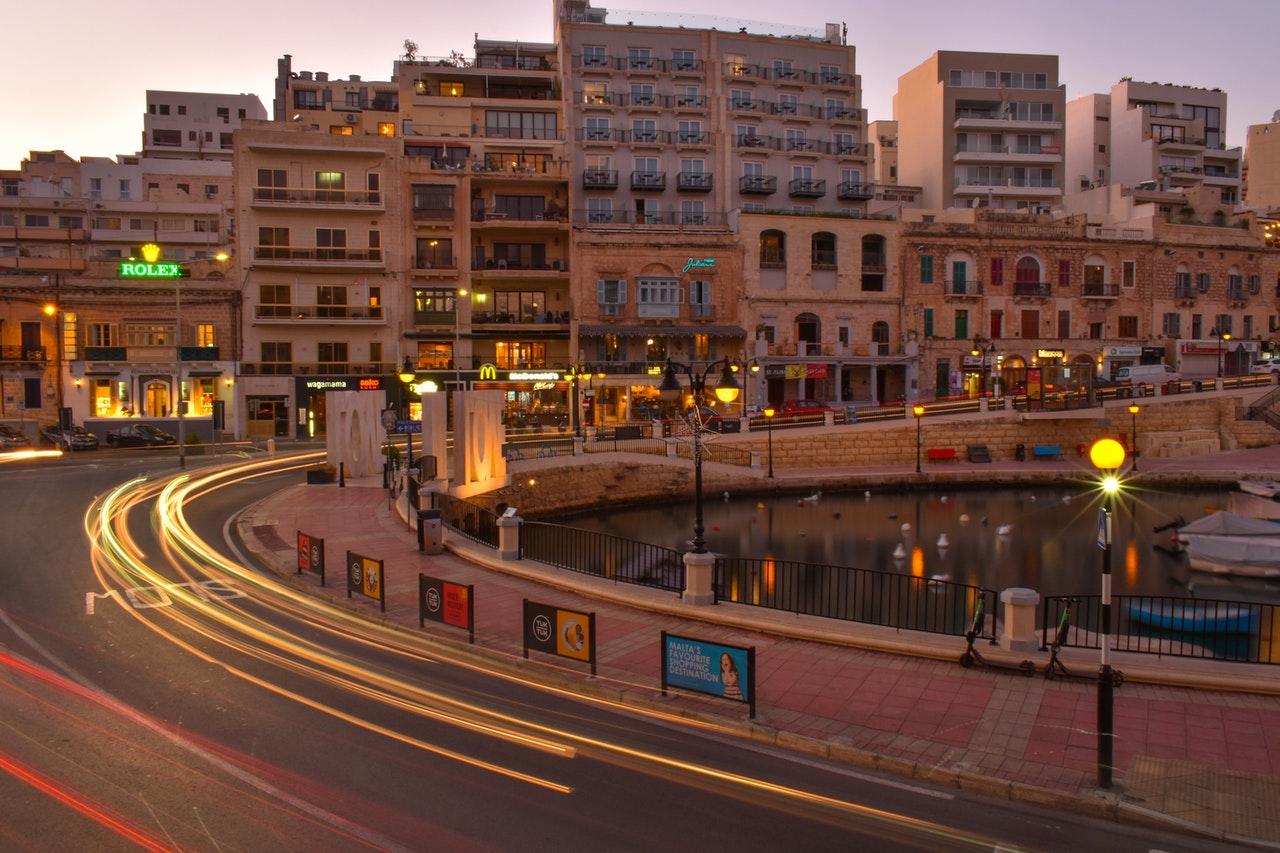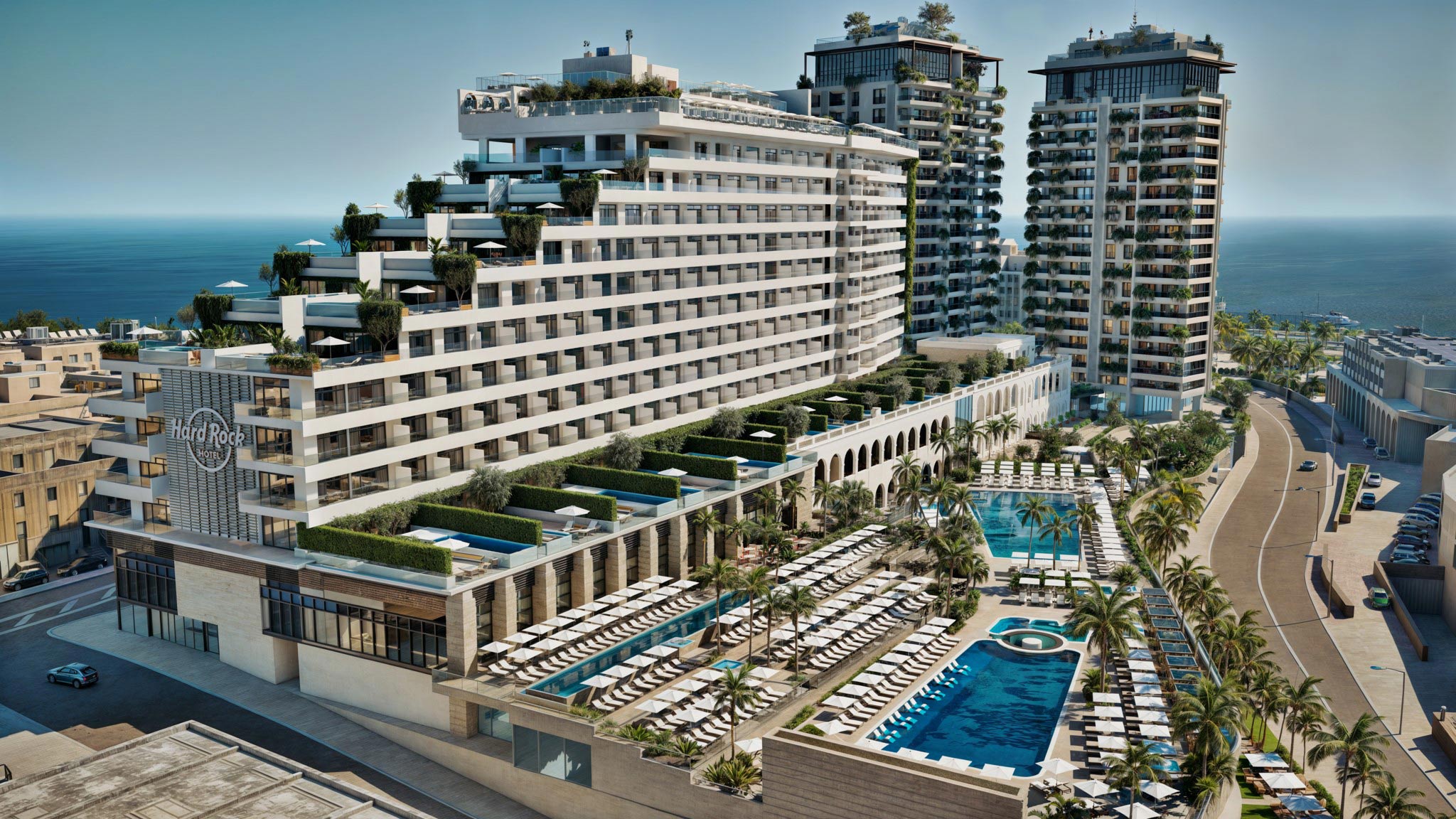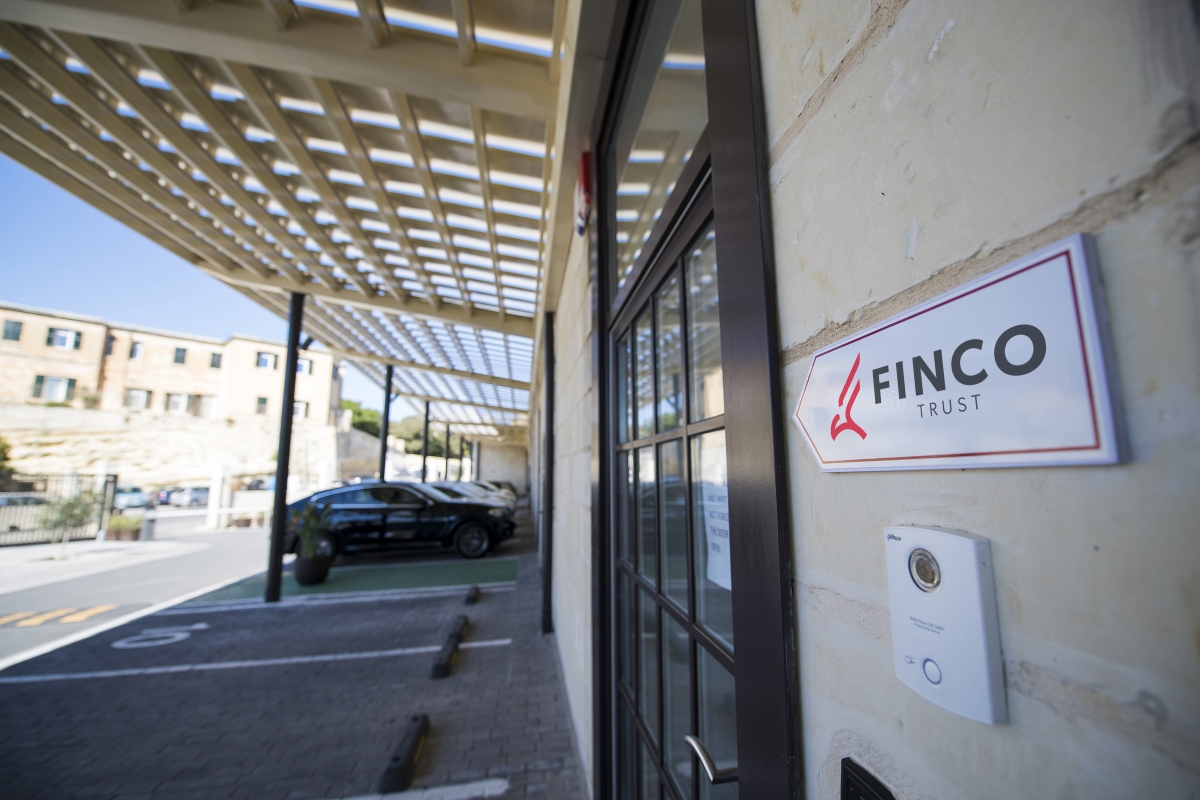
One of Malta’s foremost economists, Philip von Brockdorff has characterised the Government’s aim to reduce Malta’s deficit by increasing tax income by clamping down on late and unpaid taxes due, and increasing economic activity by six per cent as a “formidable challenge.”
Providing his insights to BusinessNow.mt, Prof von Brockdorff reflected that a key target unveiled in Monday night’s Budget 2022 was the reduction of the deficit built up over the pandemic.
What the Budget said
The Government plans to halve the public finances deficit next year, as economic activity recovers post-COVID, Finance Minister Clyde Caruana (also an economist by training) explained in his Budget speech.
He reflected that the economy shrank by 8.3 per cent in 2020, as the pandemic hit Malta’s lucrative tourism industry particularly hard.
Minister Caruana also said he expects that this year there will be a growth of 4.8 per cent, in terms of GDP, as the sector gradually recovers, followed by 6.5 per cent in the year following.
Regarding Malta’s annual deficit, he predicted it to this year stand at 11.1 per cent of GDP, before dropping to 5.6 per cent next year. It will decrease to below the EU threshold of three per cent by 2024.
Minister Caruana also said that the Government will no longer tolerate those in a fiscally sound position not paying their fair share of tax and announced a reform on the amnesty system on interest rates for late or non-tax payments
From 1st June 2022, the rate of interest payments on tax balances and VAT due will be 7.2 per cent annually.
Expert analysis
Referring to the Budget’s target to increase economy by over six per cent, Prof von Brockdorff said he was expecting a growth rate closer to five per cent, given international developments, “particularly because of an increase in energy prices and supply chain problems.”
More broadly, he observed that the Budget is centred around two key aspects: social measures, and environmental initiatives.
The social measures, he said, are aimed at improving pensions and other benefits such as in-work benefits, measures to improve working conditions for lower paid workers with a reduction in part-time tax rates and an online portal for downloading contracts of work.
Regarding the environment, he acknowledged that an emphasis was placed on environmental initiatives for businesses and households, but stated there appeared to be no reference to how these initiatives dovetail with the recently approved Recovery and Resilience Facility.
Environmental measures announced during the Budget include increased incentives for people purchasing electric vehicles and free public transport for all residents of Malta from October 2022, among others.
Finally, the economist added that he felt more insight should have been given to the country’s medium-term economic direction and the “obvious” need to further diversify the economy as well as the strengthening of sectors such as manufacturing that proved more resilient during the pandemic.
Malta’s inflation edges up to 2.7% in October as food and services lead price pressures
The October RPI reading indicates some re-acceleration in consumer-facing sectors after a period of summer stabilisation
db Group reports turnover of almost €100 million and record profit as it opens bond issue to public investors
This coincides with the launch of a €60 million bond programme to support the Group’s continued expansion
Celebrating success: stories from the team behind Finco Trust
The stories of Lee-Anne Abela, Kris Vella, and Maria Mamo reflect the values that continue to guide the firm forward






